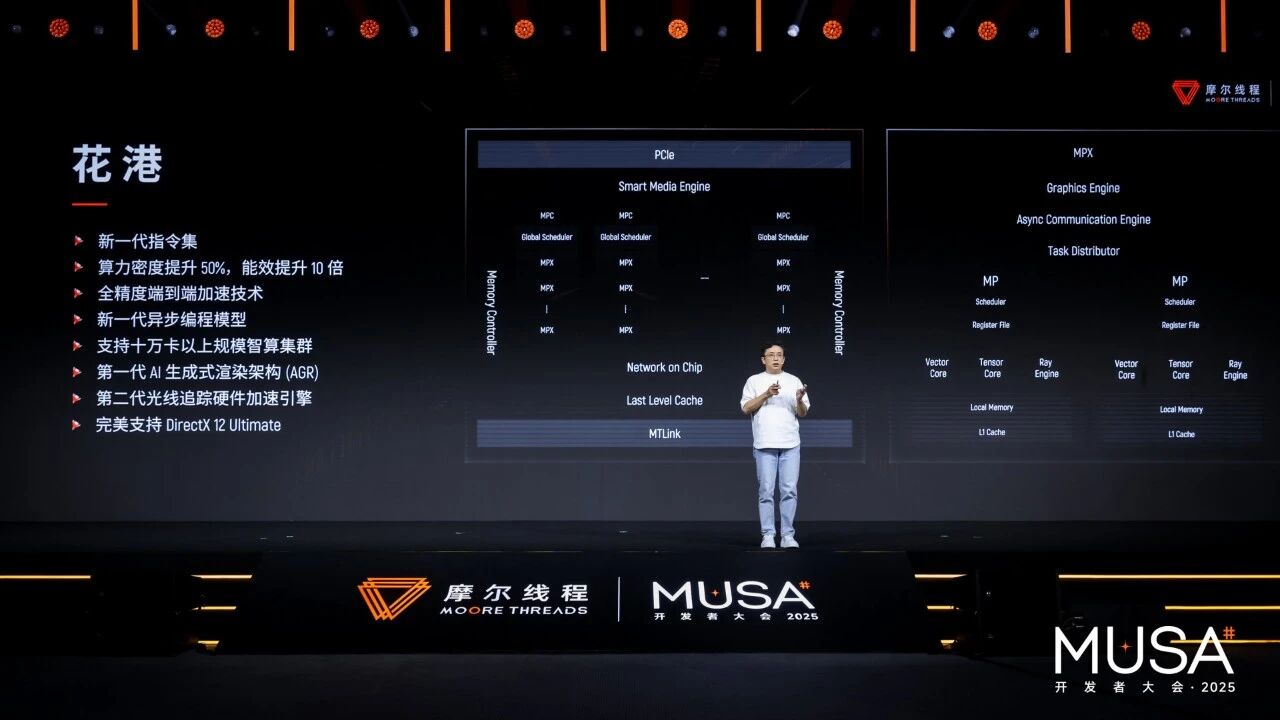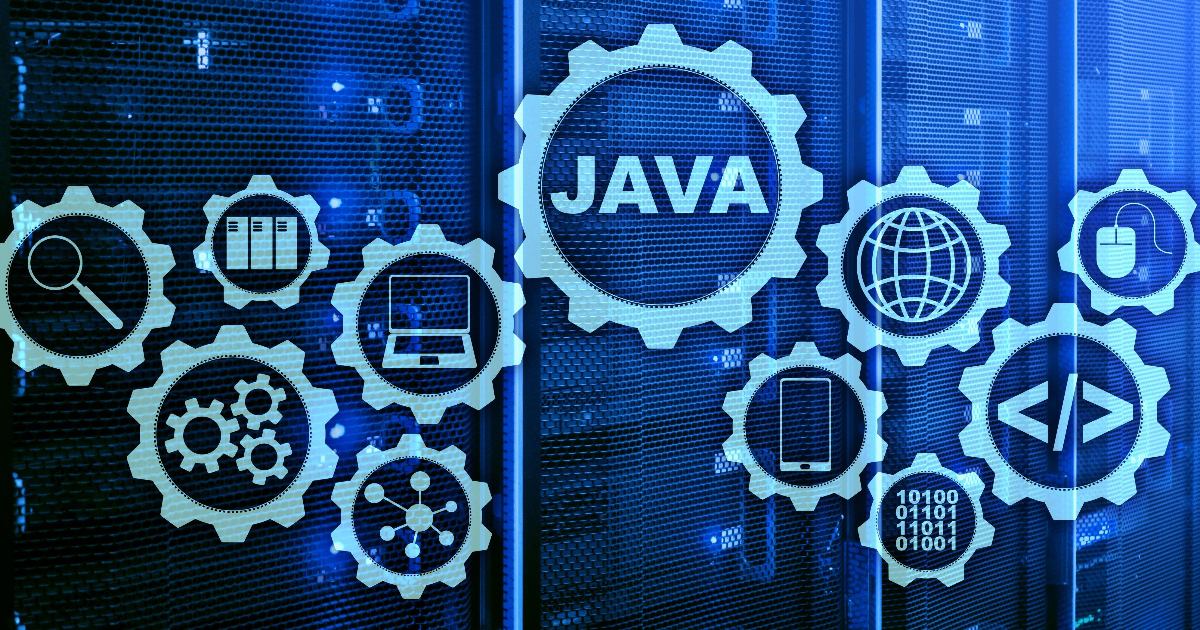Editor’s note: This article is part of an ongoing series in which Crunchbase News interviews active investors in artificial intelligence. Read previous interviews with Foundation Capital, GV (formerly Google Ventures), Felicis, Battery Ventures, Bain Capital Ventures, Menlo Ventures, Scale Venture Partners, Costanoa, Citi Ventures, Sierra Ventures and Andrew Ng of AI Fund, as well as highlights from more interviews done in 2023.
Twenty years ago, as the Web 2.0 wave took off and spurred a new era of tech innovation and wealth, True Ventures launched. In the mid-2000s, co-founders Jon Callaghan and Phil Black saw an opportunity to create an institutional seed fund to invest in a new class of products that could build off of APIs and mashups — launching new companies more cheaply and efficiently.
Now the Palo Alto, California-based firm is once again investing heavily in emerging technology that it sees as transformational, this time backing artificial intelligence startups.
“This is yet again one of these magical times for entrepreneurship,” Callaghan said. “Entrepreneurs can very efficiently — from a capital and human standpoint — build valuable applications on top of that.”
We recently spoke with Callaghan, who serves as the firm’s managing partner, and True Ventures partner Puneet Agarwal at the firm’s Palo Alto offices about how they are investing in AI startups.
The firm views AI as a fundamental layer that will transform all sectors in its investment practice, from enterprise tech to consumer and “other” areas, which includes biology and robotics. It has already made more than 80 AI-native investments since 2015.

A rollercoaster start
Callaghan and Black met in early 1990s while they were both in their 20s and associates at Boston-based Summit Partners. Both then joined early-stage venture firms in the mid-1990s, the beginnings of the Internet wave. They reunited after the dot-com crash, when numerous headlines declared the death of venture capital and wrote off San Francisco. By 2005, they had a shared vision and purpose to create an institutional seed fund. Their first fund was $165 million, the largest seed fund at the time.
Agarwal’s journey in venture has been punctuated by critical downturns in the industry. He joined Mayfield1
in 1999, just before the dotcom crash. He then left the venture side for a time to become an operator, and later joined True Ventures as an entrepreneur-in-residence at the time of the financial crisis in 2008. He became a partner in 2010.
AI’s massive capex
Some $2 trillion to $3 trillion has already gone to AI-based capital expenditures, Callaghan estimates.
We could see that much and more again over the next five years: Jensen Huang, founder and CEO of Nvidia, estimated $3 trillion to $4 trillion in additional infrastructure spending by 2030.
Callaghan believes the AI industry is now at “the application building phase.”
The application layer, historically, has created 5x to 10x the value in market cap terms on top of that capex, he said.
This wave could be even more efficient as the “technology itself writes code, creates products,” he said.
Investing 5 to 10 years out
The firm is less interested in what it can see today, but rather thinking about where the world will be in five to 10 years. “Early-stage investing is more about duration as a feature,” Callaghan said.
While an influx of talent and the rapid building of applications on top of significant infrastructure investment are familiar elements from previous tech waves, the AI cycle is distinguished by faster development cycles, smaller teams, increased available capital, and substantial customer budgets, Callaghan said: “It’s different that a startup now has a pretty good shot selling to a large corporate buyer versus an incumbent.”
At some companies, entire IT budgets are being turned over to AI investments, Agarwal noted.
Notable investments
True Ventures does not have deal attribution among its nine deal partners — they work collaboratively as a team. The firm manages $4 billion in capital. Around 60% to 70% of its deals come from referrals and the team has funded their 60th repeat founder. It typically invests $1 million to $5 million per deal and has around 30 to 40 portfolio companies per fund, with capital reserved for follow-on investments.
Among True Ventures’ AI investments discussed were:
- Handshake, a college recruiting platform that added human intelligence for training AI models. The startup has reportedly grown to more than $100 million in revenue in less than one year for this new AI business.
- Moderne, a startup founded by an engineer who built an open-source project to upgrade code to the next version — or the “production side” of coding. Already, Moderne has signed large customers in financial services and insurance.
- Veza, an identity security company defining who has access to data and what actions can be performed.
- AI-powered drug discovery company Enveda, which was recently valued at $1 billion.
- UK-based Basecamp Research, which sequences the natural world for compound drug discovery and efficacy testing. The startup has also received investment from Nvidia.
- AI fashion startup Daydream
- Bible Chat, an AI-powered prayer and Bible study app that has ranked in the top five in Apple’s App Store
- Audos, a platform that enables a solo entrepreneur to build entire businesses with AI.
- Howie, an AI powered virtual assistant for executives.
Boom or bust
Callaghan contrasts this current investment period from the zero interest-rate policy (ZIRP) years from early 2020 through early 2022, during the pandemic.
“ZIRP was super distorted,” he said, with a concentration of capital and a dearth of exits.
In contrast, the current, post-ZIRP investment cycle is driven by a huge technology innovation — AI— not cheap capital, he said.
Still, there is concern about consensus investing in the current market. “That’s precarious for the industry — the consensus trend, where there’s so much of the industry’s capital going after a couple things,” Agarwal said.
I think we are in for a boom, but it will be bumpy, said Callaghan. However, “we have, as an industry, always underestimated the tail and the size of the area underneath the curve.”
The total addressable markets are expanding faster than the scarcity of bumping up against another startup. This climate might be more competitive, but outcomes will be bigger, he said.
Agarwal is equally bullish on the current startup environment. “I can’t think of a better time to be a builder or I can’t think of a better time to be a venture capitalist — if you’re doing it the right way,” he said. “These are waves you live for.”
Related Crunchbase list:
Illustration: Dom Guzman

Stay up to date with recent funding rounds, acquisitions, and more with the
Crunchbase Daily.








